5 Ways to create a zen corner
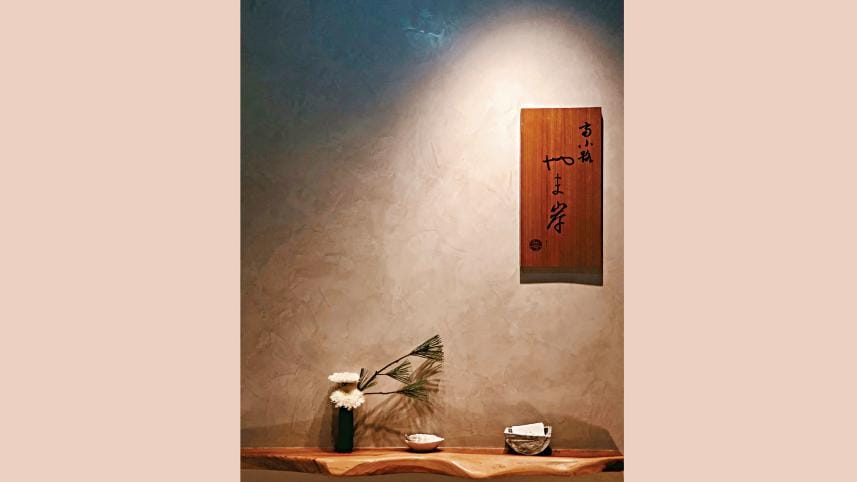
The term "Zen" is the Japanese pronunciation of the Chinese "Ch'an," meaning "meditation." Zen refers to a school of Buddhism that means achieving enlightenment through direct experience and mindfulness. It has become more than a buzzword, rather a lifestyle.
In a world that constantly vies for our attention, the quest for a pocket of peace within our own homes has become more than a luxury; it is a necessity. You can create your own space just in your home, a dedicated Zen corner.
A Zen corner is designed to foster tranquillity, mindfulness, and a much-needed escape from the hustle of daily life. Zen corner does not follow any rigid rules about creating a personal sanctuary that soothes the mind and nurtures the spirit. It is about creating harmony and balance. A zen corner emphasises minimalism by decluttering the environment for a clear and focused mind. The goal is to create a space that promotes relaxation and mental clarity, a personal haven for meditation, reflection, or simply being present in the moment.
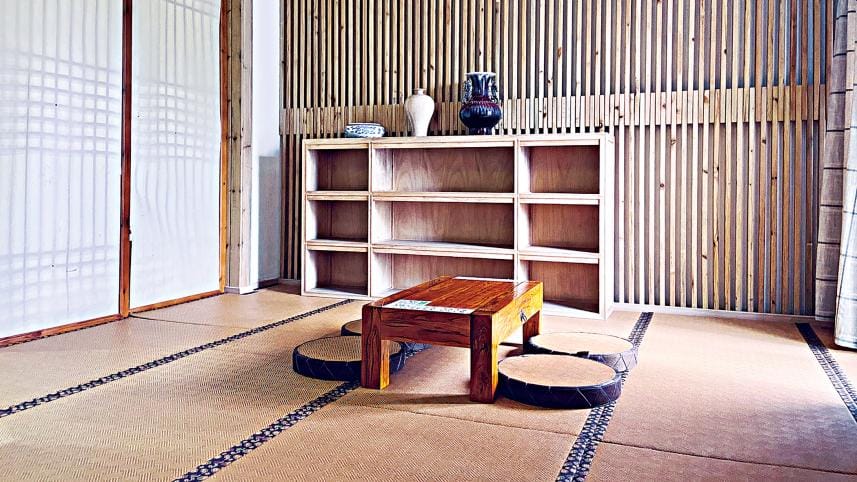
1. Less is More for Mind
At the heart of Zen design lies the principle of simplicity. A cluttered space can often lead to a cluttered mind. Begin with decluttering your Zen corner. You can choose a corner in your bedroom or living room with good natural light. Keep the furnishings minimal. Place a meditation cushion, a simple wooden bench, or a soft rug can be the foundational pieces. Stick to a neutral and earthy colour palette, such as shades of beige, white, light grey, or soft green. Avoid bright, bold colours that can be overstimulating.
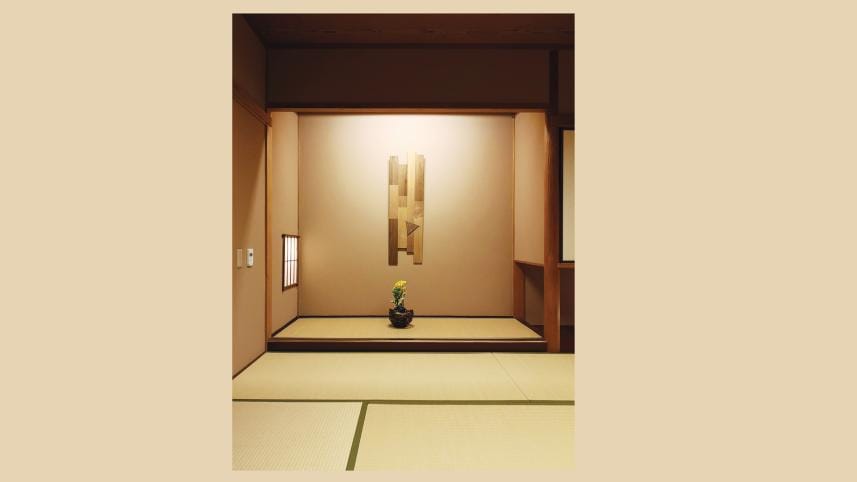
2. Bring Outdoors In
A major cornerstone of Zen philosophy is a deep connection with nature. Incorporating natural elements into your corner can have a profoundly calming effect on your mind. Study shows that the presence of greenery reduces stress and enhances tranquillity. Introduce houseplants to purify the air and add a touch of life to your space. Succulents, a peace lily, or a small bonsai tree can be your go-to options. Think about items made of wood, bamboo, or stone. You could also incorporate a small indoor water fountain or a tabletop Zen garden with sand and rocks for a meditative activity.
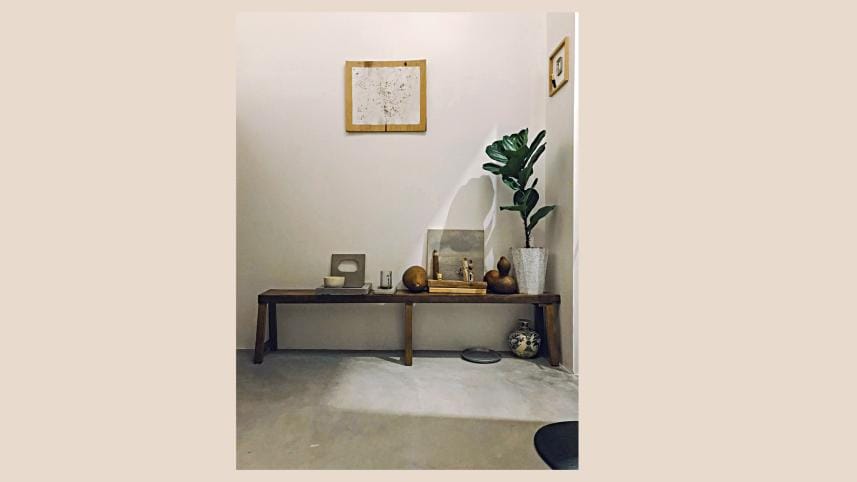
3. Engage Senses for Relaxation
One principle of Zen Corner is that it engages multiple senses. The right scents, sounds, and textures can significantly enhance the tranquillity of your space. Incorporate aromatherapy with an essential oil diffuser, using calming scents like lavender, sandalwood, or eucalyptus. Scented candles can also add a soft, warm glow and a peaceful aroma. For sound, consider a small speaker to play soft, ambient music, nature sounds, or guided meditations.
4. Space that Reflects You
Zen corner should be a reflection of your inner world and what brings you a sense of peace. Creating a small altar or a focal point for your intentions can make the space feel more sacred and personal. Your altar can be a simple surface where you place items that are meaningful to you. This could include crystals, meaningful artwork, a singing bowl, or objects from nature like stones or shells.
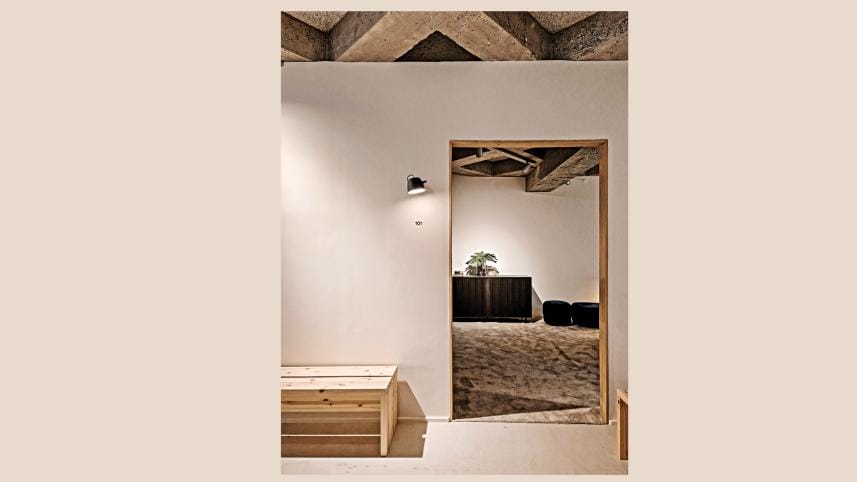
5. Keep it Tech-Free
To fully embrace the stillness and mindfulness of Zen corner offers, keep it tech-free. Give yourself a break from constant notifications and distractions from electronic devices. Commit to leaving your phone, laptop, and television outside of this dedicated space. This will allow you to focus on being present, whether you are meditating, journaling, reading a book, or simply sitting in quiet contemplation.



 For all latest news, follow The Daily Star's Google News channel.
For all latest news, follow The Daily Star's Google News channel.
Comments